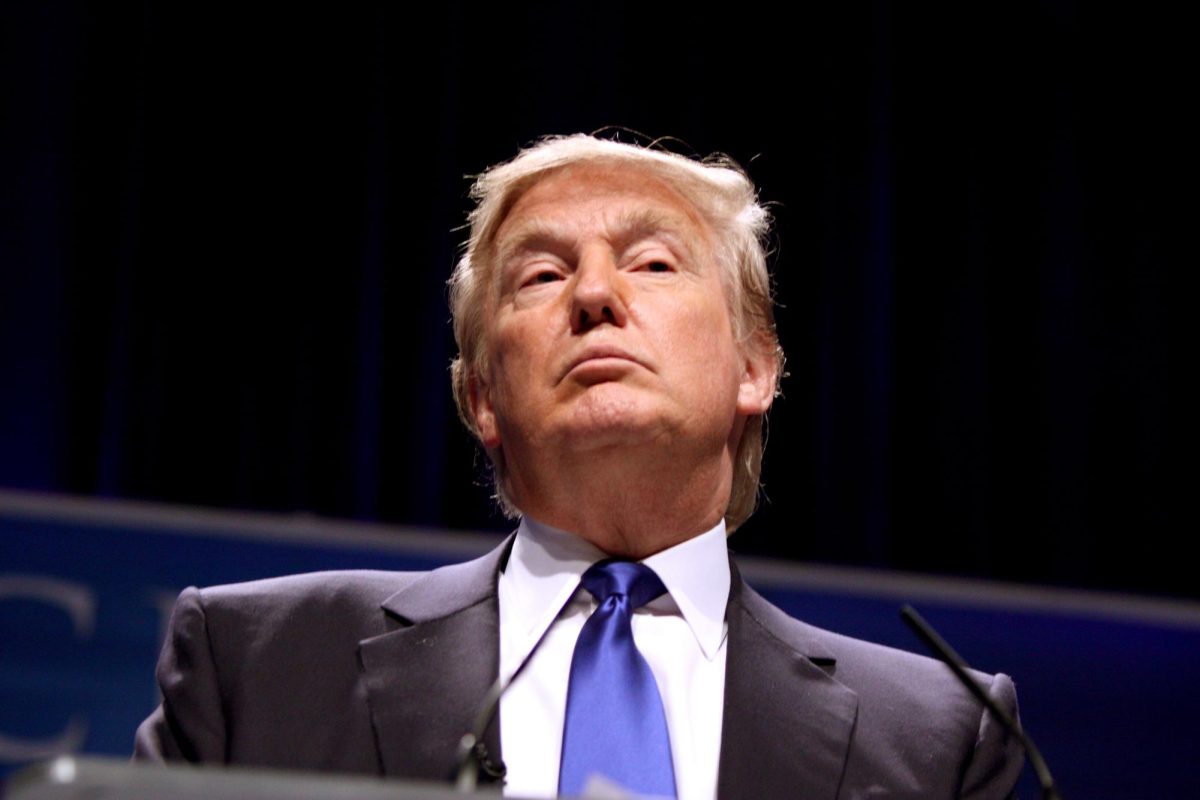In May, a Manhattan jury found Donald Trump guilty of 34 charges in a conspiracy to illegally influence the 2016 election via a hush-money payment to porn star Stormy Daniels, rendering him the first former, and now sitting president to be deemed a convicted felon. The charges involved a $130,000 covert payment made by Michael D. Cohen, whom prosecutors argued was under President Trump’s direction, to Daniels, attempting to suppress the exposure of a sexual liaison she claimed occurred between her and Trump. Thus, citing a series of cover-up reimbursements falsely taken as typical legal expenses, jurors unanimously found the president guilty of falsifying legal documentation to unlawfully alter election results.
However, on Jan.10, Justice Juan Merchan gave Trump an unconditional discharge, which includes neither jail time nor any other restriction that might impede the president following his inauguration. Unlike a conditional discharge that requires defendants to adhere to certain requirements like employment maintenance or paying restitution, Trump’s sentencing essentially comes with zero penalties for his convictions. So, when considering his original projected sentence of four years in prison, whether Trump would’ve received the same judicial leniency had he not been elected president — and perhaps more importantly, what historical precedent his case sets — comes into question.
According to the New York Times, since 2014, a third of Manhattan defendants convicted of falsifying business records in the first degree were sentenced to jail time of less than a year, with all other examined cases adducing defendants receiving more than a year of prison time, probation, conditional discharges, community service or fines; none, however, received unconditional discharges. Justice Merchant defended his decision by citing the pardon as “the only legal option.” He attributed the unique sentence to “the legal protections afforded to the office of the president… not the occupant of the office.” Still, while Trump’s role as president certainly heightens the case’s complexity, the crime and trial itself pose no extraordinary provisions that warrant preferential treatment.
Whether you support Trump’s presidency or not, the negative implications of his sentencing are indisputable. The truth of the matter is that he has committed multiple felonies, as proven in a court of law, and evaded justice; as prosecutor Joshua Steinglass said, the case has “caused enduring damage to public perception of the criminal justice system and has put officers of the court in harm’s way,” effectively undermining the legitimacy of and cementing his “power” over the American judicial system.



